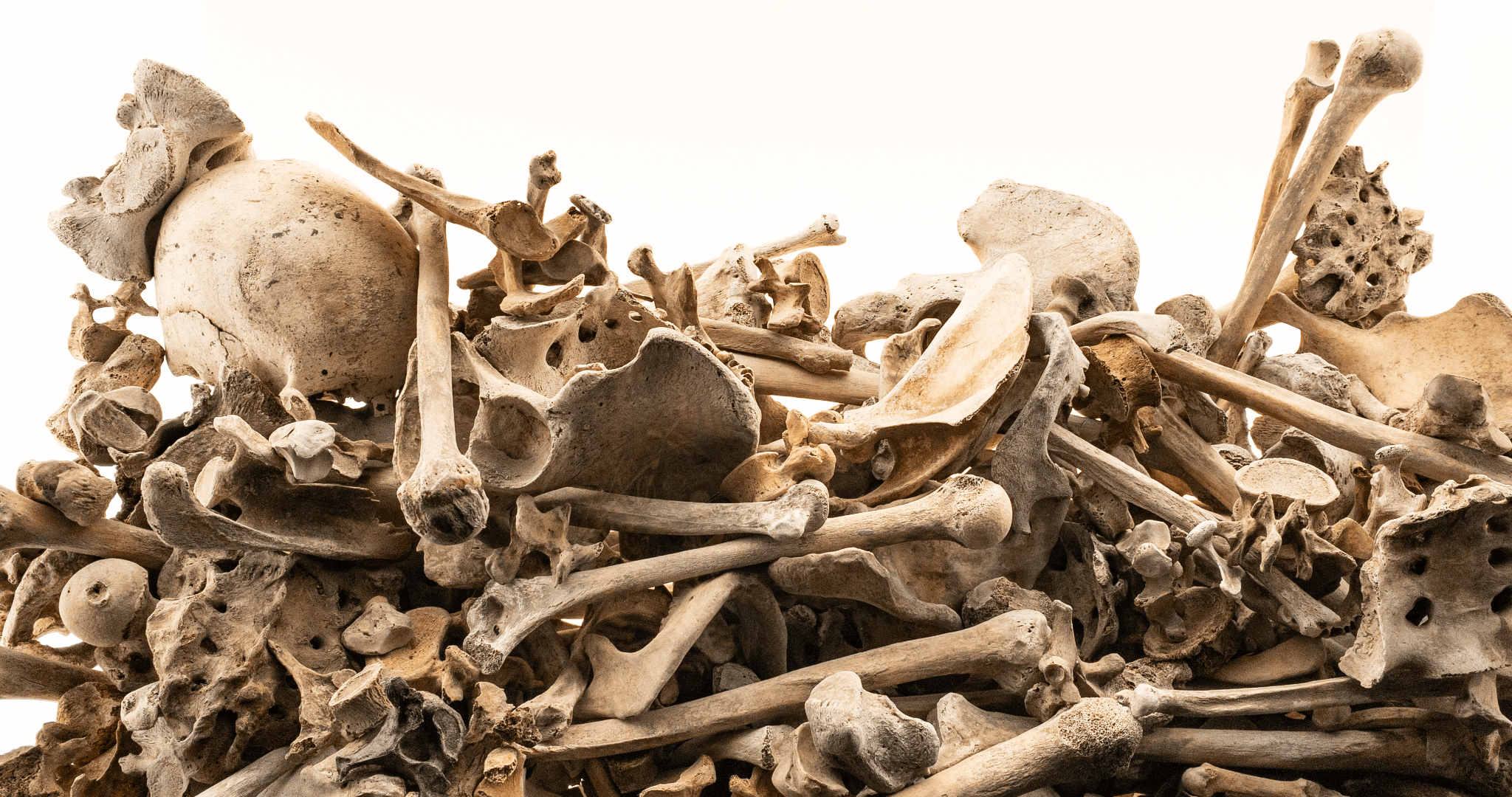Bread of Desperation: The Unbelievable Tale of Paris's Bone Bread
Posted by Emily on 28th Nov 2023 Reading Time:
Have you ever heard the phrase 'grind his bones to make my bread' from Jack and the Beanstalk? It's not just a line from a fairy tale. This bizarre tale actually mirrors a grim reality from the 16th century!

Imagine Paris, 1590: a city under siege, its streets eerily silent, the air heavy with fear and determination. The city, torn apart by religious wars, was a shadow of its bustling self, with market squares empty and the distant sounds of conflict echoing off the buildings.
In these desperate times, a shocking decision was made. As recorded by Pierre de L'Estoile, clerk-in-chief of the French Parliament, the starving Parisians devised a plan straight out of a horror story. They decided to grind up human bones from the Cemetery of the Innocents and bake bread from it. Yes, you read that right - bone bread!
But this gruesome solution turned tragic. Those who ate the bone bread died, not from starvation but from the bread itself. While rich in minerals like calcium, human bones lack essential nutrients and calories. Eating them likely led to severe digestive issues and intestinal blockages, especially in already weakened bodies.
It makes you think, doesn't it? What lengths would we go to for survival if faced with such dire circumstances?
The story takes an interesting turn in the early 19th century. After the Napoleonic Wars, the bones of soldiers and horses from the Battle of Waterloo were collected. This time, they were ground up not for bread but for fertilizer, tapping into their rich mineral content.
And here's a quirky twist from England: a bread called 'Bone Bread' emerged in Gloucestershire. Named after the scavengers along the River Severn, it thankfully contains no human remains.
As we reflect on this tale of Paris's bone bread, a stark testament to human resilience in the face of despair, it challenges us to consider our own limits of survival and the lengths to which history can push humanity. What are your thoughts on this slice of history? Drop a comment below and let's delve into this intriguing discussion!"

